Health
-

Corporatization of healthcare gets too much of a bad rap, analyst says
Healthcare analyst says outside investment can boost innovation, growth, care, but profit needs to be aligned with patient outcomes
-

Smart patch reduces cravings for alcohol and drugs
First year of recovery is ‘immensely challenging,’ researchers note. New device could be a difference maker.

-

Reeling in a big scientific discovery
William Kaelin pursued Nobel-winning findings using a fisherman’s instinct
Part of the Profiles of Progress series -
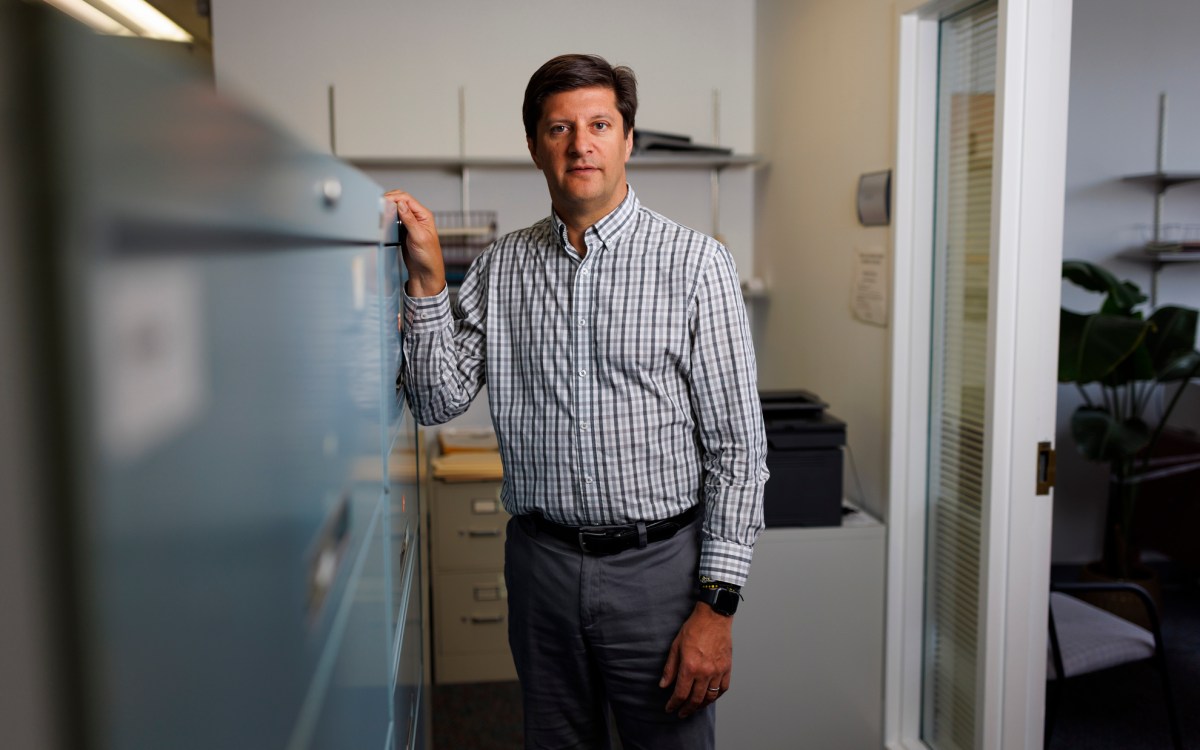
You want chocolate. You need flavanols.
Research strengthens evidence for role of inflammation in disease – especially as we age

-
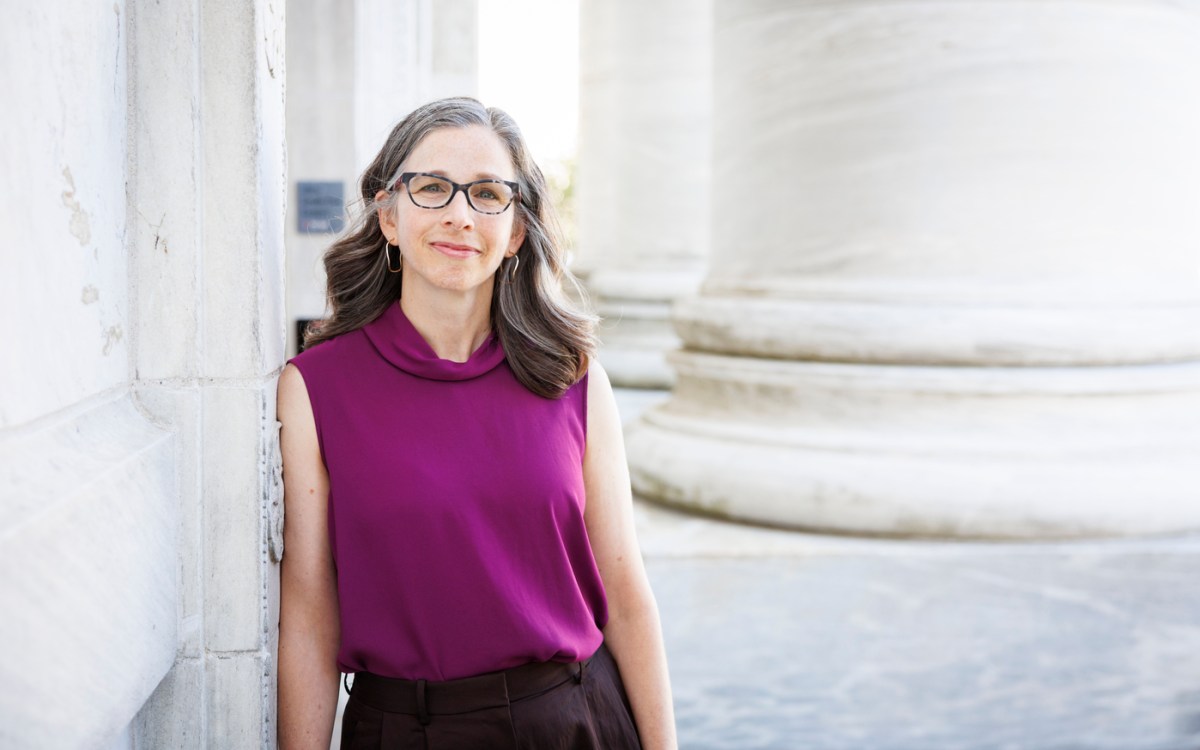
Crossing line between good and bad anxiety
Psychologist offers 3 strategies to keep worry from interfering with everyday life
-

What science says about Mom’s happiness advice
Data, wisdom meet in social psychologist’s lecture
-
Seizing the chance to stop a suicide
New Harvard-MGH initiative to provide caregivers with lab-tested tools for identifying, treating those most at risk.
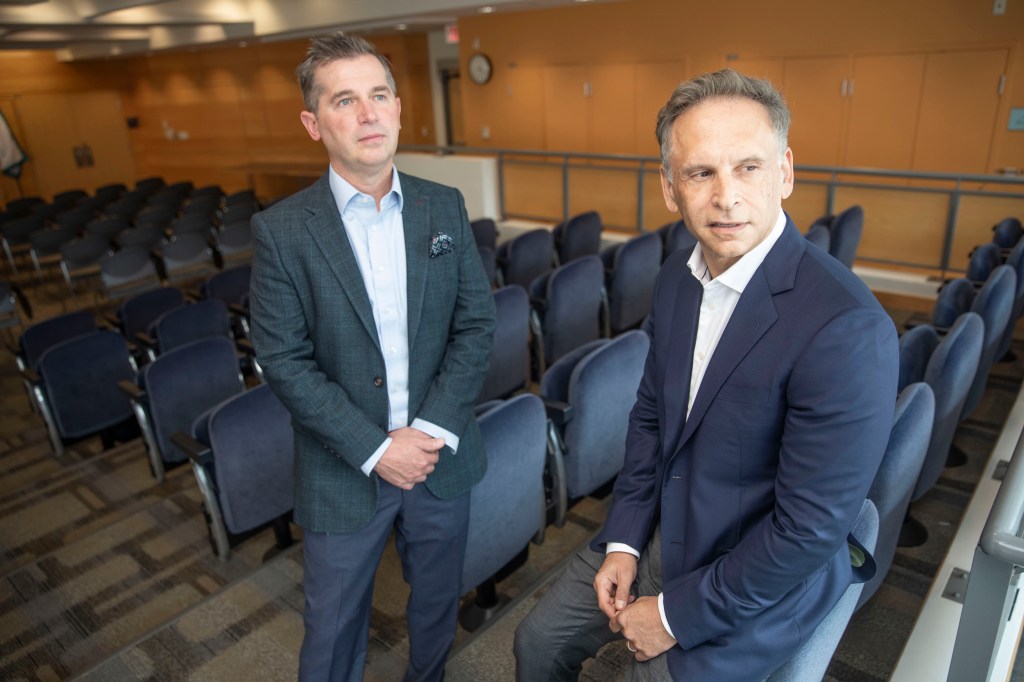
-
The night owl’s disease problem
A new study has an important message for night owls.

-
Next spat with your partner, try silence
If you’re doing all the talking, then you’re probably doing it wrong, says negotiation expert.

-
Think twice before saying ‘cult’
Survey shows intense support for ex-president in face of indictments, but common claim among MAGA critics falls short of scientific rigor.
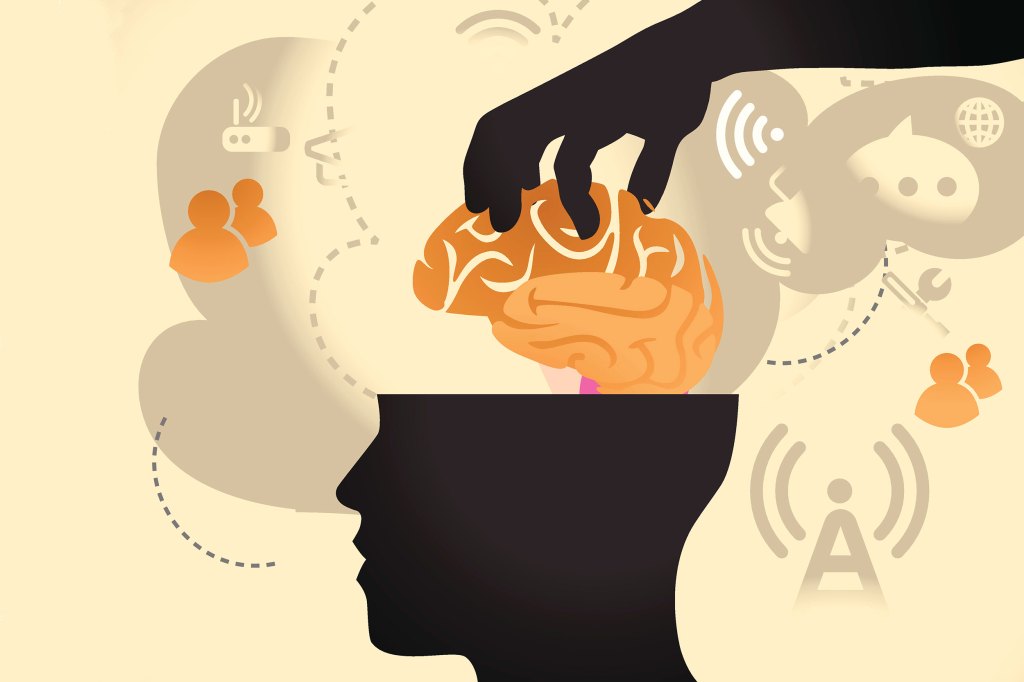
-
These doctors aren’t sweating AI — yet
Board exam for pediatric specialty stumps ChatGPT, at least in some areas.

-
How durable is your immunity?
William Hanage, an associate professor of epidemiology, talks about hybrid protection, vulnerability of older people, and the wisdom of Taylor Swift.

-
Microdevices turn brain tumors into tiny labs
A microdevice has been designed that can be implanted into tumors to conduct dozens of experiments at once to study the effects of new treatments on some of the hardest-to-treat brain cancers.

-
Surge in ‘abortion travelers’ to Mass. post-Dobbs
Women are traveling from states as far away as Texas for care, finds Brigham and Women’s study.

-
Need cancer treatment advice? Forget ChatGPT
New research finds in about a third of the cases AI chatbot provided medically inappropriate recommendations for cancer treatment.

-
The eye as we’ve never seen it
Researchers’ atlas pinpoints where disease-causing genes are expressed, raising hope for inroads against glaucoma and macular degeneration.

-
Engineered probiotic developed to treat multiple sclerosis
Researchers are working on a new approach to target autoimmunity in the brain — a condition at the core of several diseases, including multiple sclerosis.

-
The road that ends with Alzheimer’s
Genetic detective work sheds light on SORL1 gene offering possible new treatments, especially for patients not responsive to existing therapies.
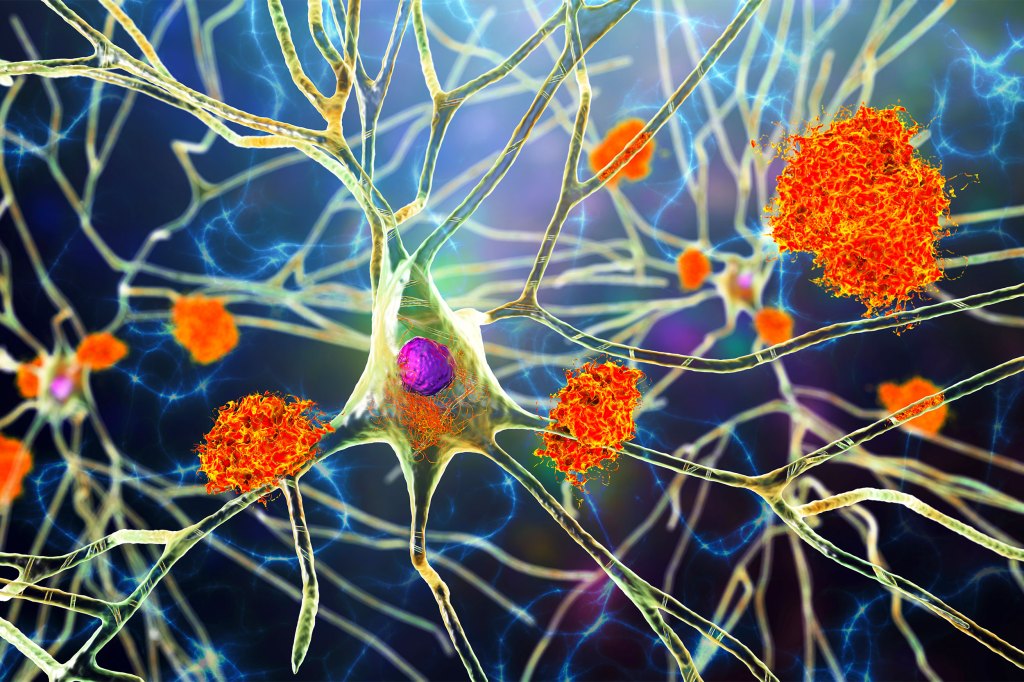
-
Longevity benefits of Mediterranean diet know no boundaries
In a study of adults in the U.K., those who adhered closely to a Mediterranean lifestyle had a 29% lower risk of all-cause mortality and a 28% lower risk of cancer mortality.

-
Vaginal bacteria must eat to survive — but how?
Chemical analysis brings understudied microbiome into sharper focus.

-
Daily soft drink linked to increased risk of liver disease
Study finds women who consumed sugar-sweetened beverage daily had higher risk of developing liver cancer, chronic liver disease.

-
Mental health ills are rising. Do mood-tracking apps help?
Public health data specialist says they can raise patient awareness, but there are pitfalls.

-
Strong, silent, and suffering inside
Mental health experts, Indianapolis Colts owner discuss efforts to end the stigma around asking for help.
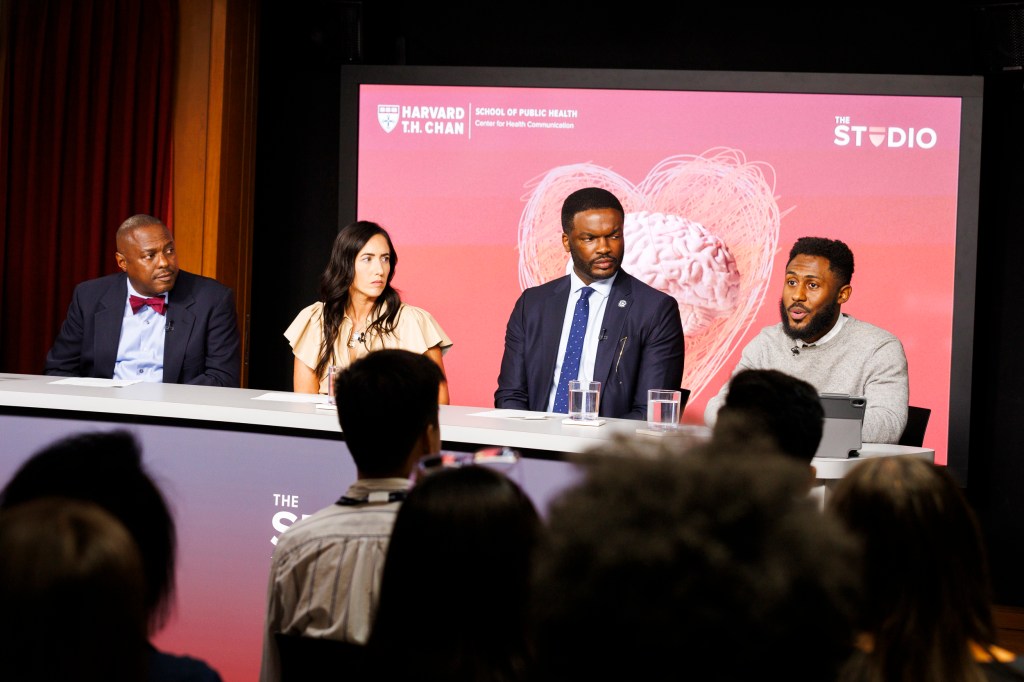
-
Extending lives of old mice by connecting vessels to young ones
Connecting circulatory systems allowed animals in study to live 6-9 percent longer, lowered their biological age.

-
Turns out lowly thymus may be saving your life
Study suggests organ plays vital role in immune health, particularly cancer prevention
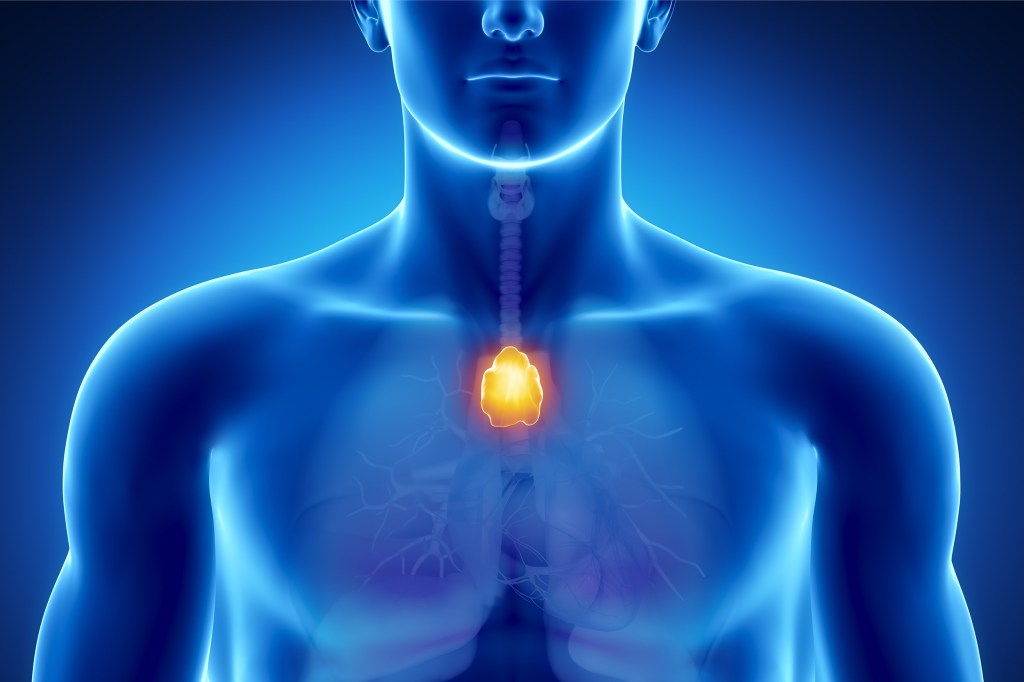
-
So why does my dog get Lyme disease vaccine, and I don’t?
Science can protect your dog, but not you. Expert explains why ’90s vaccine for humans disappeared and details efforts to develop a new one.
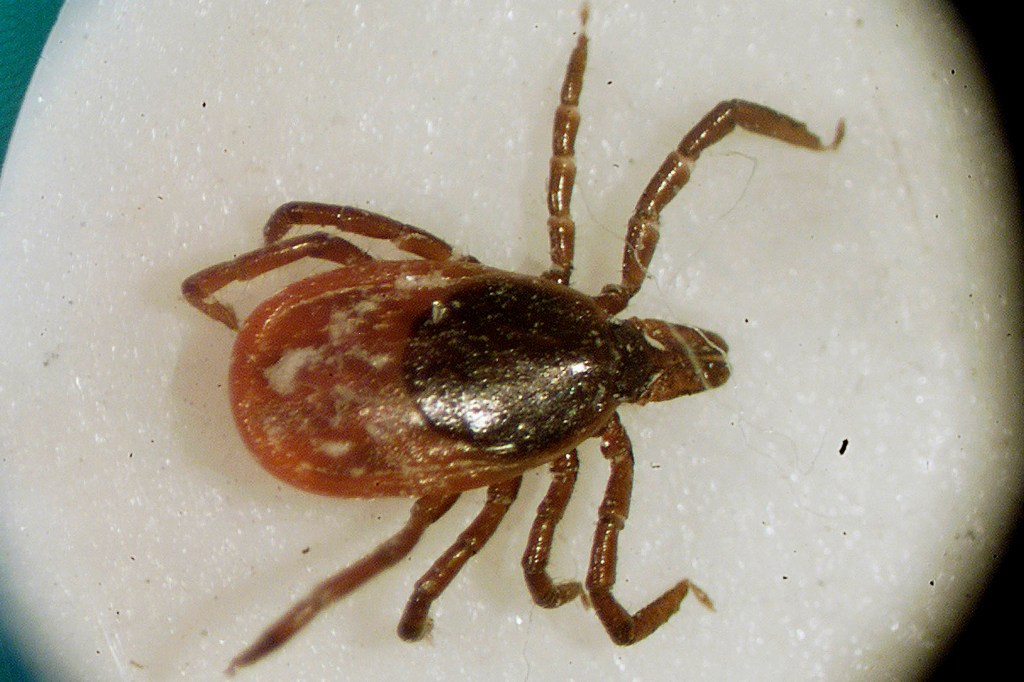
-
COVID-19 came from animals. Why aren’t we working to prevent new scourge?
A new study suggests we are as vulnerable as ever to the emergence of another virus as deadly, or even more so, than COVID-19.

-
Too busy for daily exercise? Study finds same benefits for ‘weekend warriors.’
Study finds similar health benefits for those who concentrate workouts 1-2 days a week.

-
Keep the dog cool
Science has shown that violence among monkeys, rats, and mice increases when the weather is warm. Now it seems we can add dogs to the list.

-
How did E-ZPass help expectant mothers who live near toll booths?
Anupam Jena and Christopher Worsham sift data to find hidden forces at work in healthcare in new book.

-
Are new weight-loss drugs the answer to America’s obesity problem?
Some doctors call them a godsend, particularly as part of wider treatment plan; others warn against halting research into root causes of obesity.

-
The social life of a dermatologist
It might be jarring when a friend, or complete stranger, pulls down their shirt while you’re trying to eat dinner. It’s also an opportunity.
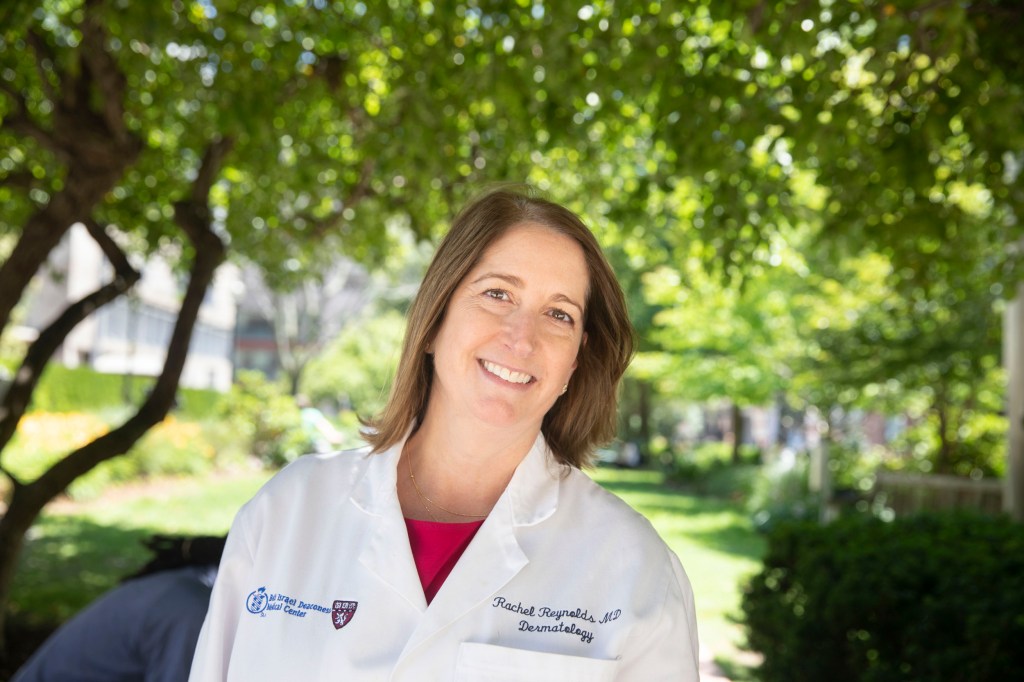
-
Seem like Lyme disease risk is getting worse? It is.
The risk of Lyme disease has increased due to climate change and warmer temperature. A rheumatologist offers advice on how to best avoid ticks while going outdoors.

-
Another study links omega-3s and health
Alpha-linolenic acid — an omega-3 fatty acid found in many nuts, seeds, and oils — showed the strongest link to slowing the progression and premature death of people living with ALS.

-
Feeling anxious? Stuck? Problem is psychological avoidance
In her new book, professor of psychiatry Luana Marques says that too many mistake symptoms for underlying problem

-
More evidence moderate drinking is good for your heart. Also: a reason.
A new study offers an explanation for why light to moderate alcohol consumption may be associated with lower risk of heart disease.



